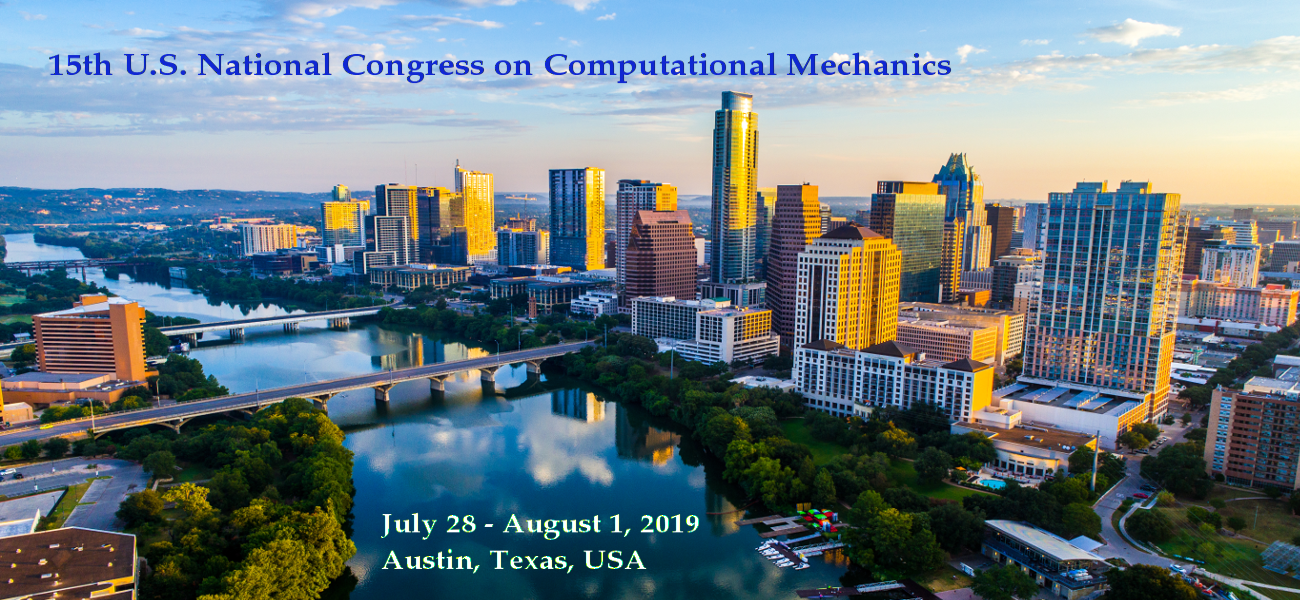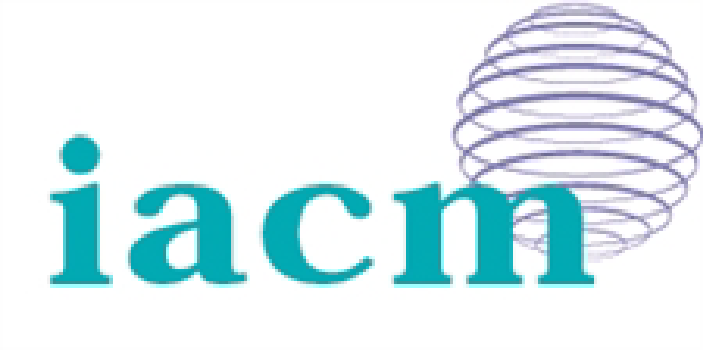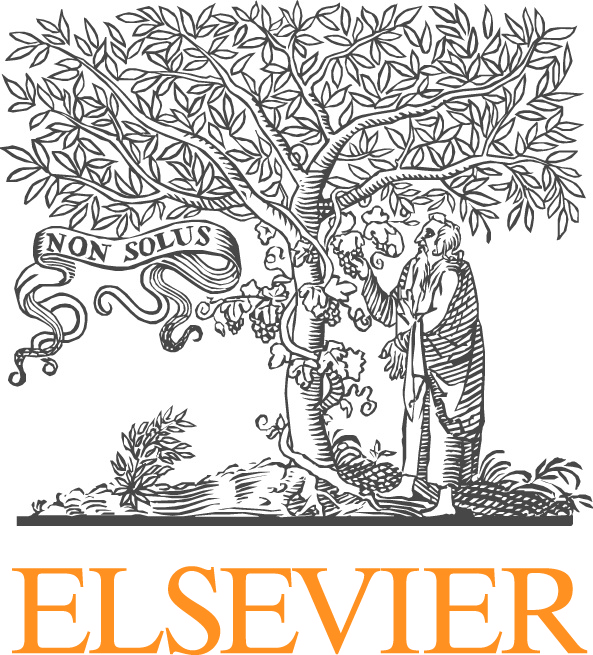John Jakeman, Sandia National Laboratories
Alex Gorodetsky, University of Michigan
Gianluca Geraci, Sandia National Laboratories
Michael Eldred, Sandia National Laboratories
The evaluation of the performance of complex engineering systems often relies on accurate and computationally intensive numerical simulations. In addition to that it is well recognized that Uncertainty Quantification (UQ) need also to be performed in order to obtain truly predictive numerical simulations. Despite recent advancement in UQ algorithms, the required number of simulations remains related to the number of uncertain parameters which in turn often correlate with the physical and numerical complexity on the model. In this scenario, multilevel and multifidelity strategies enable the analyst to perform the UQ analysis at a much lower computational cost by relying on a relatively large set of low-fidelity evaluations. As an example, in the context of sampling methods, a large number of low-fidelity evaluations is employed to reduce the variance of the estimator while a small number of high-fidelity runs is used to control its bias.
In this minisymposium, we welcome contributions related to the broad area of multilevel/multifidelity UQ analysis. We also welcome contributions in which the multilevel/multifidelity UQ analysis is a main component of broader activities, as for instance optimization under uncertainty or sensitivity analysis for complex engineering devices.







